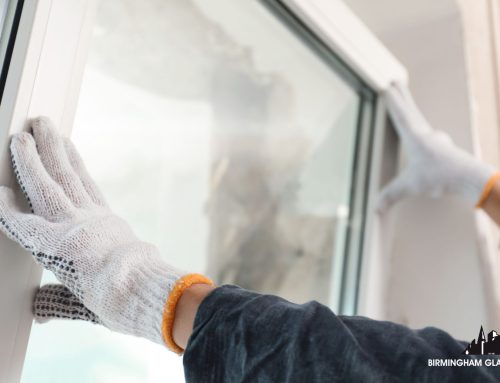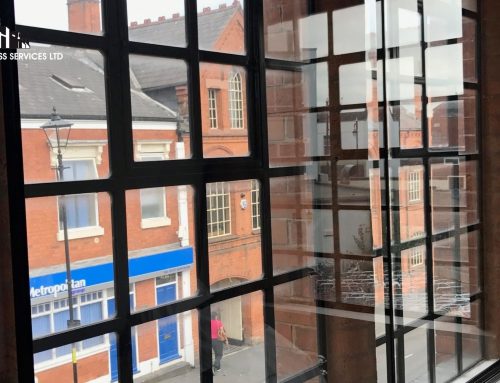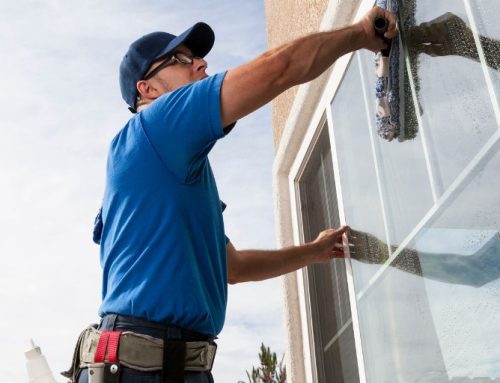If you live near a main road, train line, school, or even just have noisy neighbours, you know how hard it can be to switch off the outside world. One of the biggest things people don’t realise is that lots of that noise is coming straight through their windows.
Sometimes it isn’t even because the glass is too thin. Sometimes, the real problem is something simple like an old seal or a poor fit. In this blog, we’re going to be covering why noise gets in, and (more importantly!), what you can do about it.
Why your windows might be letting noise in
Tired seals
Window seals don’t last forever. Over time, they stop compressing properly, which leaves gaps, some tiny, some not so tiny. If air can get through, so can sound. You might not notice it when you first close the window, but over time, it becomes obvious.
Bad fit
Even with great double glazing, a poorly fitted window will still let noise through. If too much trim has been used to cover gaps between the window frame and the wall, chances are there’s sound getting in. A proper fit should feel snug, solid, and airtight.
Misaligned hinges and frames
If the window doesn’t close evenly or the hinges are slightly off, you’ve basically got an open invitation for sound. Even a small shift can make a big difference to how much outside noise gets in.
What makes modern windows better for noise reduction?
Thicker glass and wider gaps
Modern double glazing usually has two panes of 4mm glass with a 20mm gap between them. That air gap is really important as it slows sound down. And when it’s filled with argon gas, which is denser than air, it’s even more effective. The whole unit is built to reduce heat loss and noise at the same time. So, it’s not just quieter, it’s warmer too – double win!
Better seals
Good modern windows come with proper compression seals. They close tight, leave no gaps, and they last longer than older styles. The seal might not be something you notice straight away, but it’s doing a lot of the heavy lifting when it comes to keeping sound out.
Not replacing your windows? Try secondary glazing
Secondary glazing is a great option if you’ve already got decent windows but still want more sound insulation. Or if you live somewhere where replacing the windows isn’t allowed (like in a listed building).
It’s basically an extra pane of glass added on the inside of your existing window. This creates another gap for sound to travel through, and the bigger the gap, the more effective it is. It’s simple, it works, and you don’t need to rip anything out to do it.
What you can do now
Here are a few things you can check for straight away:
- Close your window and listen. Still hearing everything outside? Your seals might be gone.
- Look around the edges. See lots of plastic trim or filler? That could be hiding a bad fit.
- Open and close the window. If it doesn’t close evenly or feels loose, the hinges could be out of line.
- Feel for drafts. If air is getting through, sound definitely is too.
If you’re thinking of replacing your windows, make sure they’re measured properly and fitted by someone who knows what they’re doing. Even the best glass won’t work if the rest of the installation is sloppy.
How Birmingham Glass can help
If you’re fed up with outside noise creeping in, Birmingham Glass can help you fix it properly, whether that’s with brand new, made-to-measure windows or adding secondary glazing to what you already have.
We offer:
- Bespoke windows with high-performance double or triple glazing
- Proper professional fitting (no guesswork, no over-trimming)
- Secondary glazing solutions for even more noise control
- Honest advice if your current windows just need a bit of attention
Everything’s custom-built to suit your home, which means better results, and less noise. Whether you’re in a Victorian terrace or a modern semi, we can help you find the perfect solution for your home and budget.
Come have a chat with us or request a free, no-obligation quote!












